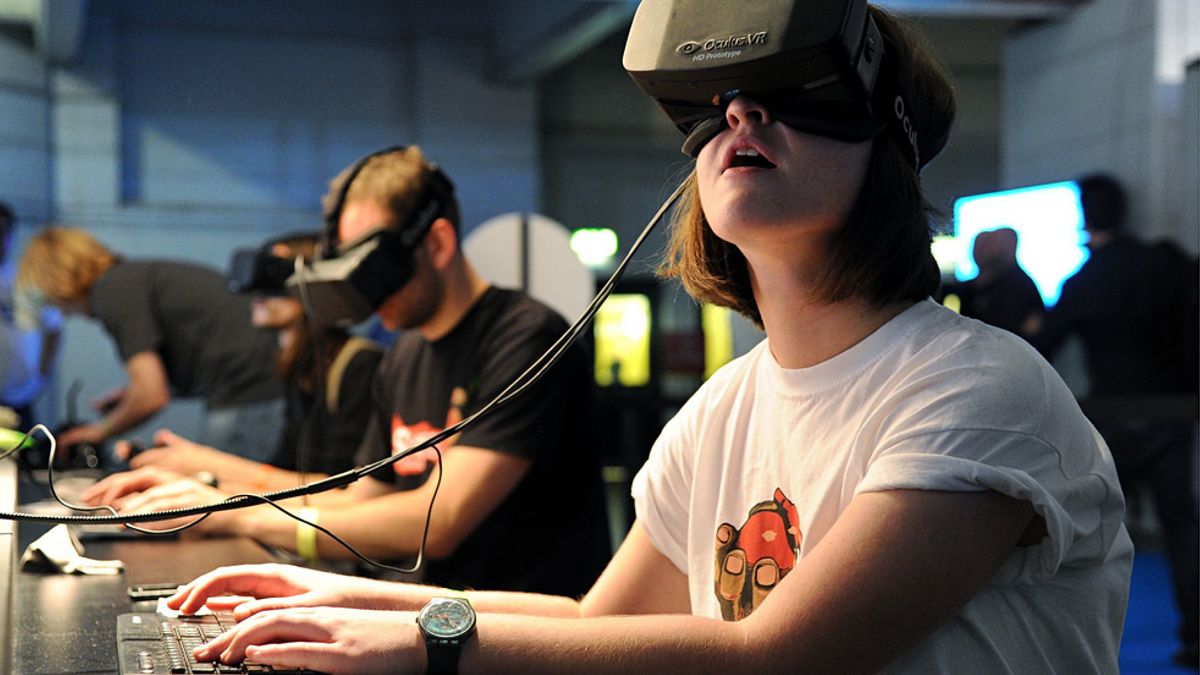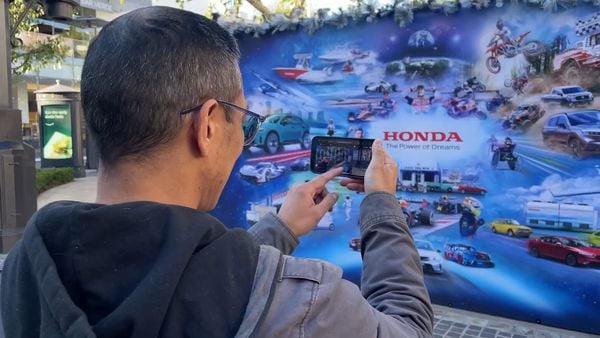Dive Brief:
- Facebook is shaking up the structure of its Oculus Rift arm to create two separate virtual reality teams, one for PC and one for mobile, as reported by Bloomberg.
- As part of the split, Oculus CEO Brendan Iribe is stepping down from his role in order to lead the PC team. Jon Thomason, who signed on as the group's head of software in August, will run the mobile team.
- Iribe announced the shift in a blog post, writing that it was based on growth and product strategy looking toward Facebook’s long-term virtual reality plans.
Dive Insight:
One of the past concerns about VR technology was that it was too niche or too expensive for most people, with Oculus devices typically used for activities like hardcore PC gaming. Facebook's decision to split Oculus in two to develop a better focus on mobile points to how the technology is now truly breaking into a more mainstream market, with the recent proliferation of mid-tier, affordable and accessible devices drawing consumer interest for the holidays.
According to Bloomberg, more than 1 million people were using Oculus via mobile devices monthly in Q2, and Facebook recently announced a $250 million investment in VR content. Mobile devices are particularly well-suited to VR-ready formats like 360-degree video, and Facebook also recently announced plans to integrate a new Live 360 feature that bridges streaming with more immersive views.
VR and augmented reality are both relatively new content types that marketers should start taking advantage of for new advertising and storytelling horizons. VR, in particular, has shown it can achieve much higher emotional reactions for campaigns, along with far longer engagement times.













